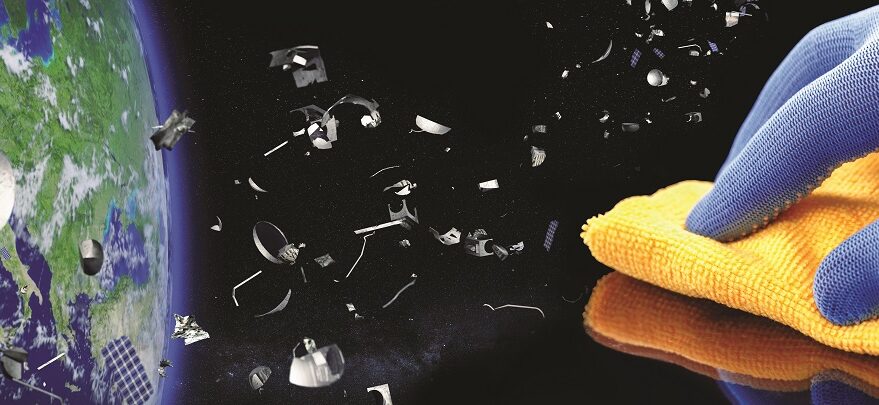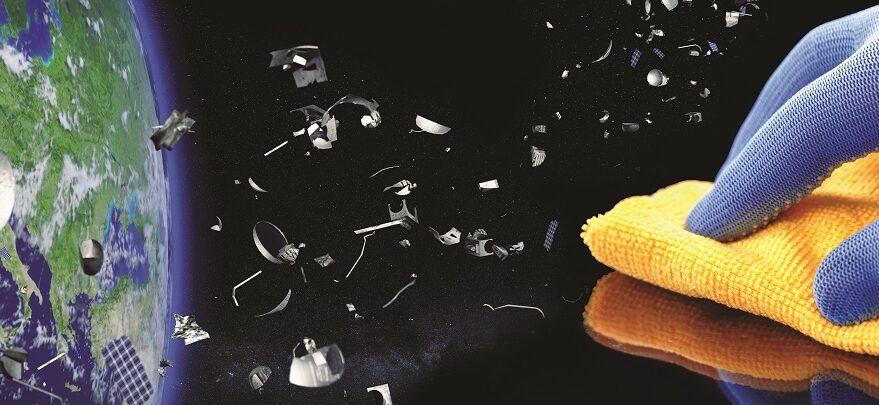
Space Force selects 125 industry proposals for on-orbit servicing technologies (Image Credit: Space News)

WASHINGTON — SpaceWERX, the technology arm of the U.S. Space Force, has selected 125 industry teams for the initial phase of the Orbital Prime program, an effort to develop technologies for orbital debris cleanup and other space services.
Each team will receive a $250,000 contract to flesh out their concepts and do early design work, officials told SpaceNews.
“As of Friday, we notified 125 teams across 27 states that were selected and funded,” Lt. Col. Brian Holt, Orbital Prime co-lead, said May 2.
Holt could not disclose the total number of proposals received but said it was a much larger-than-expected response.
Orbital Prime is a Small Business Technology Transfer (STTR) program which requires bidding teams to include small businesses, as well as academic or nonprofit institutions. Businesses have to be at least 51% U.S. owned and operated, and the work has to be performed in the United States.
SpaceWERX plans to award the 125 contracts over the next 30 days and each team will have about 150 days to deliver a product or study. Later this year they will have an opportunity to compete for second-phase awards of up to $1.5 million to continue development and prototyping.
The long-term goal is to select one or more teams two years from now to conduct an in-space demonstration of OSAM technologies, short for on-orbit servicing, assembly and manufacturing. This includes a broad range of technologies to repair and refuel existing satellites, remove and recycle orbital debris, and manufacture products in space.
These demonstrations would be funded with a combination of government and private matching funds, said Holt.
Gabe Mounce, deputy director of SpaceWERX, noted that when Orbital Prime kicked off in November, it was unclear whether it would attract wide participation. Initially SpaceWERX expected to award 20 to 30 contracts, he said. “What we’re seeing is there’s way more than we thought going into this.”
The extraordinary response reflects a “sense of urgency” about space sustainability, Mounce added. The large number of bids shows “why this is such an important topic and why this is the perfect timing for doing this.”
The proposals include technologies for on-orbit approach, on orbit object acquisition and on-orbit object servicing.
Holt said he was impressed by the maturity level of the technologies proposed. “The technology is there,” he said. “This is more about the adjustments and integration for this mission.”
SpaceWERX sees Orbital Prime as a model for how the government can work with the commercial industry, said Holt. “We’ve heard multiple comments that what we’ve done is a good demonstration of revolutionizing the acquisition process.”
To attract small businesses, SpaceWERX held regular webinars and helped connect startups with matchmaking services so they would find partners.
“The biggest risk I saw was bringing in the university requirement or the research institutions,” he said. “We didn’t know how well that part was going to weave in, but the small businesses showed they have a great network with research institutions. So I think that was a huge success.”
Holt said the selected teams include a mix of space startups and traditional defense companies.








